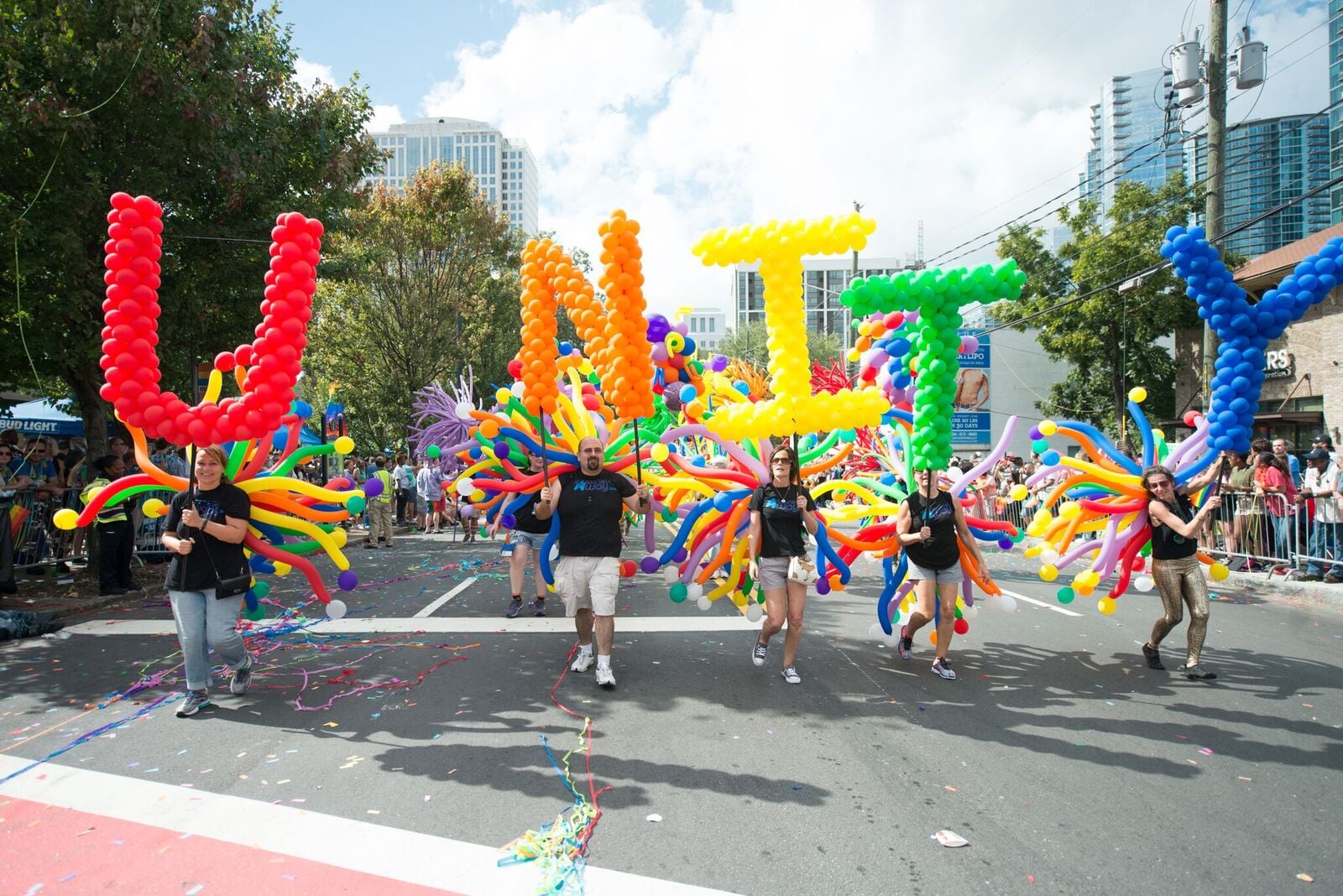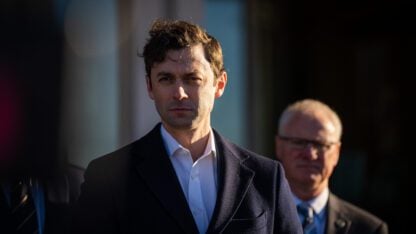When Jaime Fergerson was in the middle of coming out at 19 years old, she went to her first Atlanta Pride parade in 2001.
“It was a pretty difficult coming out process and I felt pretty alone. And I just happened to come to the Pride parade and it was absolutely life-changing for me to see other … lesbian identifying people who were happy and had communities and families and children and good jobs,” Fergerson, the current Atlanta Pride Committee executive director, said. “Because I didn’t know that those things were possible.”
Atlanta Pride grew out of the efforts of locals after New York’s Stonewall uprising in 1969. In Piedmont Park, people handed out information about the treatment of the LGBTQ community in 1970. This led to a planned march in June 1971, according to Atlanta Pride.
Since then, Atlanta Pride has evolved into a multifaceted festival and parade that features events that empower the LGBTQ community, such as The Annual Trans March and The Annual Dyke March that started in 1983. This weekend will be the 48th Annual Atlanta Pride Festival and Parade.
“We have certainly changed quite a bit over the last 48 years,” Fergerson said. “We certainly look different. We have a lot more programming. There’s a lot more people involved. Instead of a couple hundred people, there’s a couple hundred thousand people.”
Over the course of about 16 years, Fergerson went from being a Pride volunteer in 2002 to serving as executive director for APC, a nonprofit that was formed in 1991 as the Atlanta Lesbian and Gay Pride Committee. She said the organization is like a family.
“For me, there is this sense of shared belonging and shared responsibility for one another,” she said. “We all have something that binds us together.”
Atlanta is also home to a network of business and organizations that are allies within the LGBTQ community, such as Charis Books And More at 1189 Euclid Ave NE.
“Charis was one of the only places in Atlanta to buy lesbian and gay books,” E.R. Anderson, executive director of the nonprofit Charis Circle, said.
The bookstore, that’s been open since 1974, is the oldest independent feminist bookstore in the southeast, and its nonprofit, Charis Circle, works with activists, artists and authors.
“Part of what we are trying to do is push the very best things, the most thought-provoking things, the things that can help move and expand their consciousness,” Anderson said. “We have a stated goal that is to like help people become more free and free each other.”
Fergerson said the bookstore is one of the reasons why Candler Park is an LGBTQ friendly community in Atlanta. She said Midtown, which is adorned with a rainbow crosswalk, is also seen as a safe space since Piedmont Park is where Pride began.
“I think it’s important to say that we are everywhere. There are lesbian, gay, bisexual, transgender and queer people in every neighborhood of the city,” she said.
Throughout 48 years of Atlanta Pride, Fergerson said their values remain the same, which include increasing visibility and being a community.
“It really gives people a safe space to know they are not alone,” she said.










